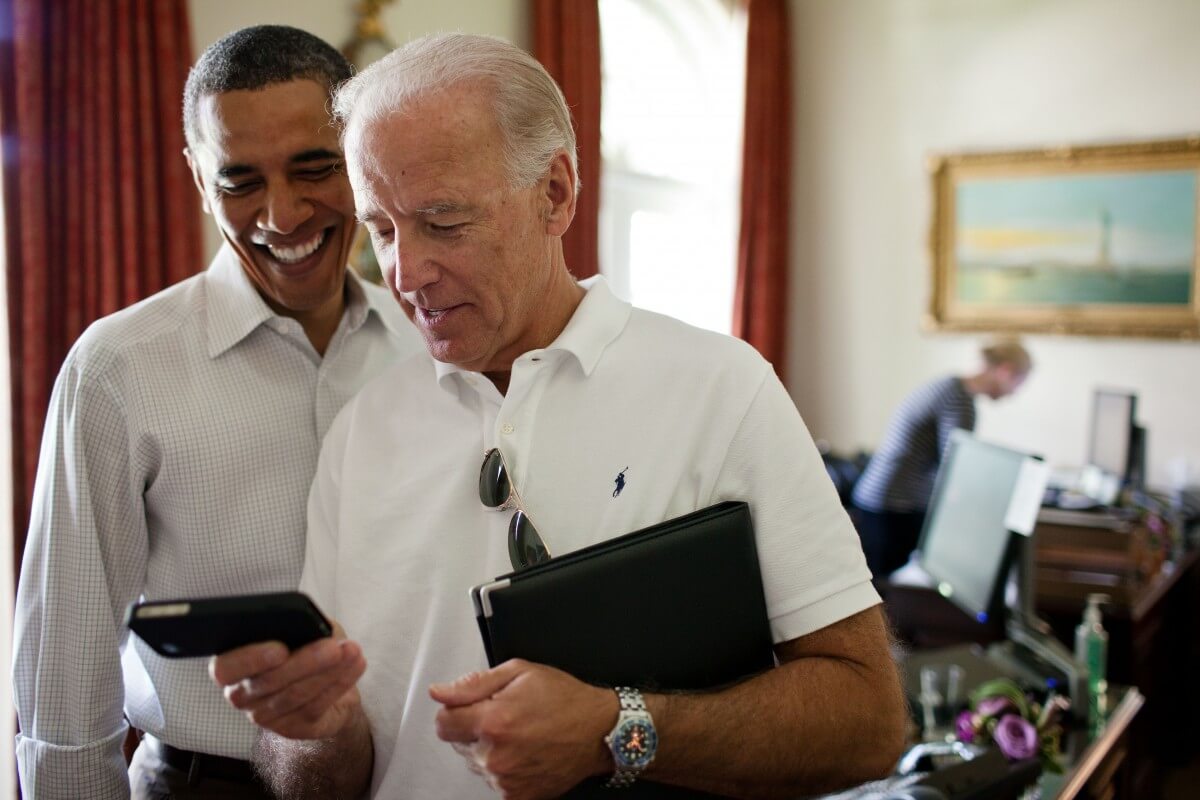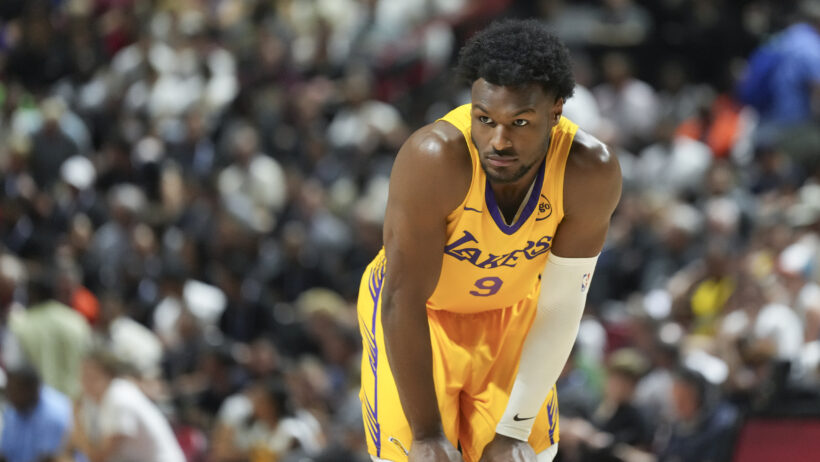Democrats Are -150 Favorites to Win 2024 Presidential Election; Republicans +125 Underdogs
By Sascha Paruk in Politics News
Published:

- Odds are out on which party will win the 2024 Presidential Election
- The Democrats are listed as -150 favorites with the Republicans at +125 and Independents at +2500
- Do the odds to win by party make sense based on the odds to win by candidate?
The odds on which candidate will win the 2024 Presidential Election have been out since the 2020 race was (eventually) called. Incumbent Joe Biden and Vice-President Kamala Harris opened as favorites, followed by a trio of Republicans: Donald Trump Sr, Mike Pence, and Nikki Haley.
The odds to win by party were not released until more recently. With the top-two individuals being Democrats, it’s sensible that the Dems opened as favorites over the Republicans.
Odds to Win 2024 Election by Party
| Party | Odds |
|---|---|
| Democrats | -150 |
| Republicans | +125 |
| Independent | +2500 |
Odds as of April 16th at William Hill.
The implied probabilities of the above odds are as follows:
Implied Probability of the Odds
| Party & Odds | Implied Probability |
|---|---|
| Democrats (-150) | 60% |
| Republicans (+125) | 44.44% |
| Independent (+2500) | 3.85% |
Calculating the odds to win the 2024 election by candidate, the candidates at +10000 or shorter are (almost) evenly split between the parties: 21 Republicans and 19 Democrats. But Biden and Harris are at +331 and +375, respectively, while no Republican is shorter than +650 (Donald Trump). After Trump, the next-shortest Republicans as of mid-April are Florida Governor Ron DeSantis (+1483) and former South Carolina Governor Nikki Haley (+1534).
‘Nearly two dozen top Republican Party contributors and fundraisers said in interviews that the focus was increasingly centered on DeSantis,’ @politicoalex writes … ‘A nicer version of Trump’: GOP donors flock to DeSantis https://t.co/fWFcXYoy4L via @politico
— David Siders (@davidsiders) April 16, 2021
Adding up the implied probabilities of those 40 potential candidates, the Democrats wind up with 77.83% and the Republicans 66.17%. That leads to a couple observations.
First, there is an absurd amount of juice in the odds by candidate. Not even counting the rest of the candidates at +10000 or longer, the implied probability is at 144%. In case the readership didn’t take beginner stats – or 10th grade math – there implied probability of all potential candidates would equal 100% in a completely fair world.
But the betting world is built on biased foundations.
Second, the -150/+125 split in the party odds is undervaluing Republicans (slightly).
If we make two assumptions – (1) the eventual winner of the 2024 election is one of the 40 aforementioned Democrats and Republicans listed, and (2) an independent is not going to win – then the odds by candidate indicate there is a 45.95% chance of a GOP candidate winning. (Here’s the math: adding 77.83 and 66.17 equals 144, and 66.17 is 45.95% of 144.)
Yet, as mentioned, +125 has an implied probability of just 44.44%.
That creates two possible conclusions: either the Republican party as a whole is being slightly undervalued in the odds-by-party, or the top Democrats are being undervalued in the odds-by-candidate.
The probability for Biden (+331) and Harris (+375), together, is only 44.25%. At a glance, it seems inconsistent for the Democratic party to be given a 60% and the incumbent and his VEEP to be given only 44.25%.
I don’t love the idea of betting on an election that is more than three years away, but in some absurd world where you must put a bet on the 2024 race for the White House, I would split my money between Biden (who will be 82) and Harris (who will be a sprightly 60 in a country that is centuries overdue for its first female leader.

Managing Editor
Sascha has been working in the sports-betting industry since 2014, and quickly paired his strong writing skills with a burgeoning knowledge of probability and statistics. He holds an undergraduate degree in linguistics and a Juris Doctor from the University of British Columbia.



